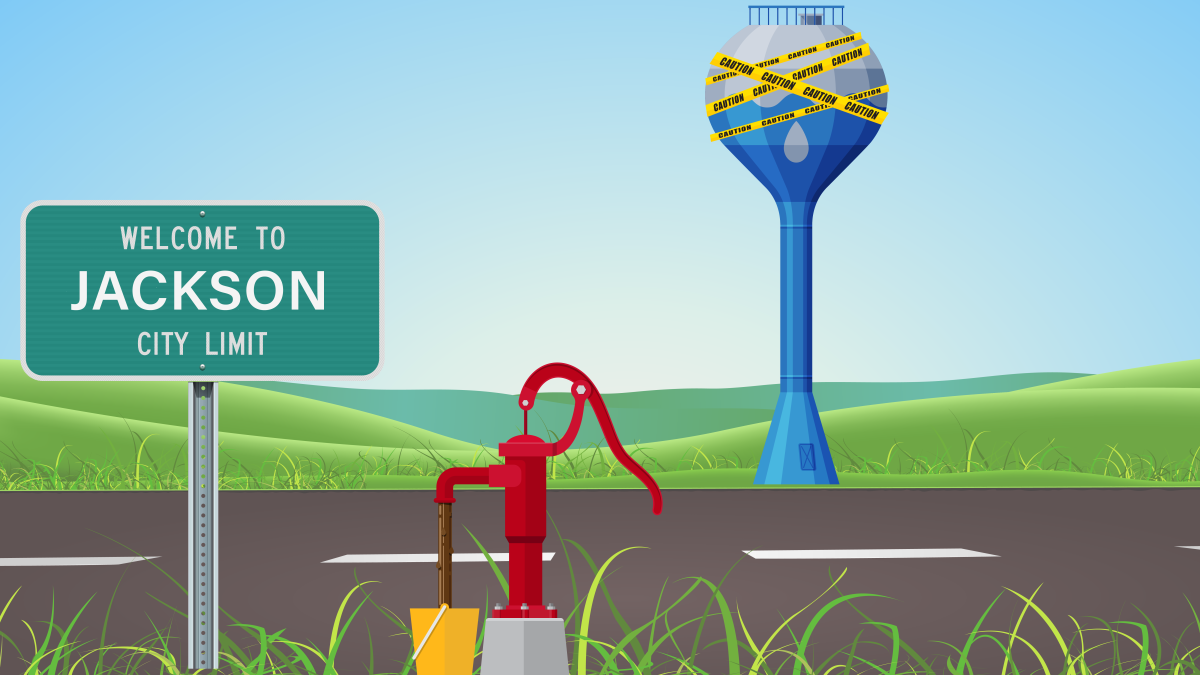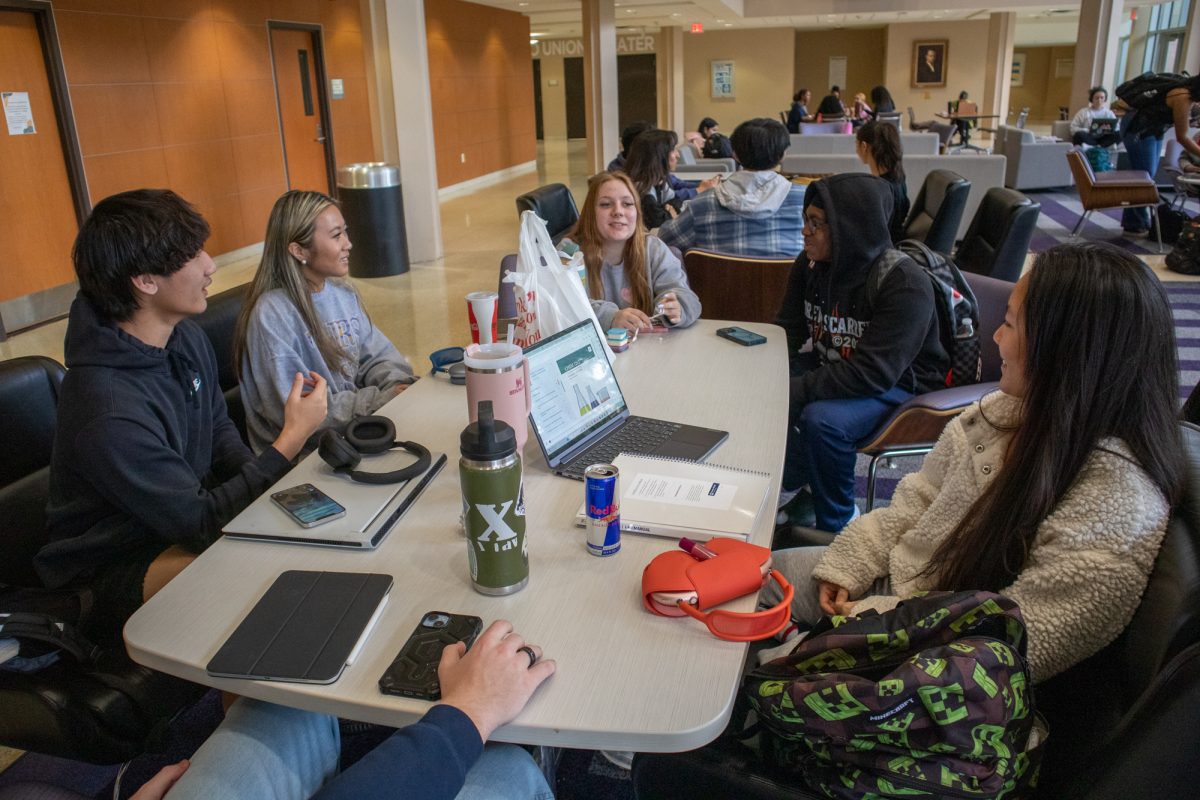Less than a three-hour drive from Baton Rouge, residents of Jackson, Mississippi, were left without clean water for weeks.
Jackson, the capital city of Mississippi, has an estimated population of 149,730, roughly 83% of which is Black, according to the U.S. Census.
Although water pressure has recently been restored and boil water advisories lifted, long-term worries for the city’s infrastructure remain, according to reporting from Mississippi Today.
Catherine Smith, a 22-year-old from Houston, Texas, who graduated from LSU in May 2022 with a bachelor’s of science in environmental engineering, lays blame not with the engineering of the Jackson water system but the maintenance.
“I don’t think there’s an engineer out there who is at fault for this as much as it is the neglect of it all,” Smith said. “Nothing is built wrong, per se, it’s more just not getting the upkeep that it needs.”
According to reporting by Mississippi Today, the water system of Jackson, Mississippi, “has been plagued with problems for years, including tens of thousands of residents losing water between one and three weeks during a 2021 winter storm.”
Smith said she sees parallels between Jackson and Flint, Michigan, which is notorious for water quality issues. In both Jackson and Flint, Black communities are being represented by “a larger scale of people who don’t have their best interests in mind,” Smith said.
Smith said that the Mississippi water shortage has similarities to Louisiana’s infamous Cancer Alley, the petrochemical belt that stretches from Baton Rouge to New Orleans and that has been a source of health complaints by residents. Both are public health crises impacting predominantly Black populations and are dealt at the hand of seemingly apathetic state governments.
Megan Nge, another recent LSU environmental engineering grad, sees similar parallels.
“Environmental racism is a huge thing,” Nge said. “Especially when you live in Baton Rouge or New Orleans.”
“Those are two of the blackest cities in the United States,” Nge said. “When you are looking at cities that are majority Black or don’t have a huge white population, you’re going to see bits of environmental racism everywhere.”
Smith thinks the internet played a key role in bringing attention to the Jackson crisis.
“Because the Mississippi water shortage ended up making it to social media, I think there is a sense of accountability there, where there hasn’t been in the past,” Smith said.
Nge thinks vital support to these environmental health crises lie in mutual aid efforts like Yes We Cannibal in Baton Rouge and Cooperation Jackson in Jackson, Mississippi.
A Sept. 2 Instagram post from Yes We Cannibal, located at 1600 Government Street in Baton Rouge, called on volunteer drivers to take loads of water to McComb, Mississippi. United Campus Workers of Louisiana, which meets at the location, asked members to bring water donations to their September meeting.
Cooperation Jackson has distributed water to community members throughout the month of September. Those efforts continue even after the lifting of the boil water advisory amid anxieties of further problems, the group said in a Facebook post. More information on where to donate funds is available on the organization’s website.
Close to the crisis and to home, community-driven activism efforts pick up where government support falls off.
“If you really care about these people, and you really care about there discrimination they are facing, and the kind of health and safety concerns they are facing, there’s a lot of merit in putting your time, your energy, and your money into mutual aid efforts in cities like Jackson, Mississippi,” Nge said.
Kathryn Craddock is a 22-year-old mass communication senior from Patterson.







